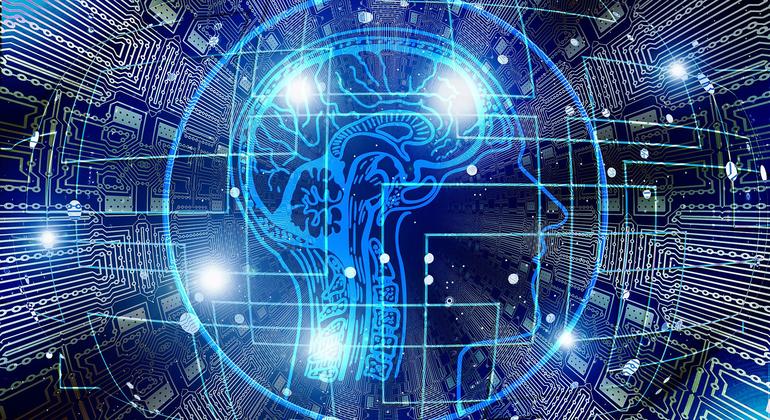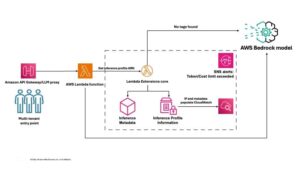Artificial intelligence is becoming a central element in various areas of everyday life, as indicated by António Guterres, Secretary-General of the UN, at the AI for Good Summit taking place in Paris. This meeting, convened by the governments of France and India, brings together leaders from around the world to discuss the impact of this technology, which, although transformative, poses serious challenges in terms of equity and human rights.
During his speech, Guterres highlighted that artificial intelligence is not only redefining how we interact and work, but also raises questions about the distribution of power and resources in the world. The Secretary-General warned about the current concentration of this power in the hands of a small number of companies and countries, which could deepen both geopolitical and social divisions. In this sense, Guterres called for artificial intelligence to be used as a tool to close the gap between developed and developing nations, thus preventing a world of deep inequalities from consolidating.
Guterres also mentioned the Global Digital Pact, an agreement established last year that seeks to ensure fair governance for artificial intelligence, with the premise that this technology should benefit all of humanity. To ensure compliance with these principles, he proposed the creation of a Scientific Panel on Artificial Intelligence, whose mission will be to promote a shared understanding of the potential risks and benefits of this technology, in addition to helping close knowledge gaps globally.
Another crucial aspect of the Secretary-General’s speech was the need for developing countries not only to be consumers of technology, but also active participants in its evolution. This implies the creation of sustainable digital infrastructures and the training of new generations to effectively implement and maintain artificial intelligence systems.
Furthermore, Guterres emphasized the urgency for artificial intelligence to contribute to climate change mitigation and energy efficiency. He warned about the high energy consumption that some AI systems require, which could lead to unsustainable environmental impact, and proposed the development of algorithms and infrastructures that are more environmentally friendly.
Finally, he posed questions about who decides the use of artificial intelligence and how its benefits and costs are distributed. He highlighted the importance of all stakeholders, including governments, companies, and communities, working together to implement policies that ensure justice and equity in its application. Guterres concluded his speech by urging to move towards an artificial intelligence “designed by all of humanity, for all of humanity,” ensuring that its implementation benefits everyone equally.
Source: MiMub in Spanish












